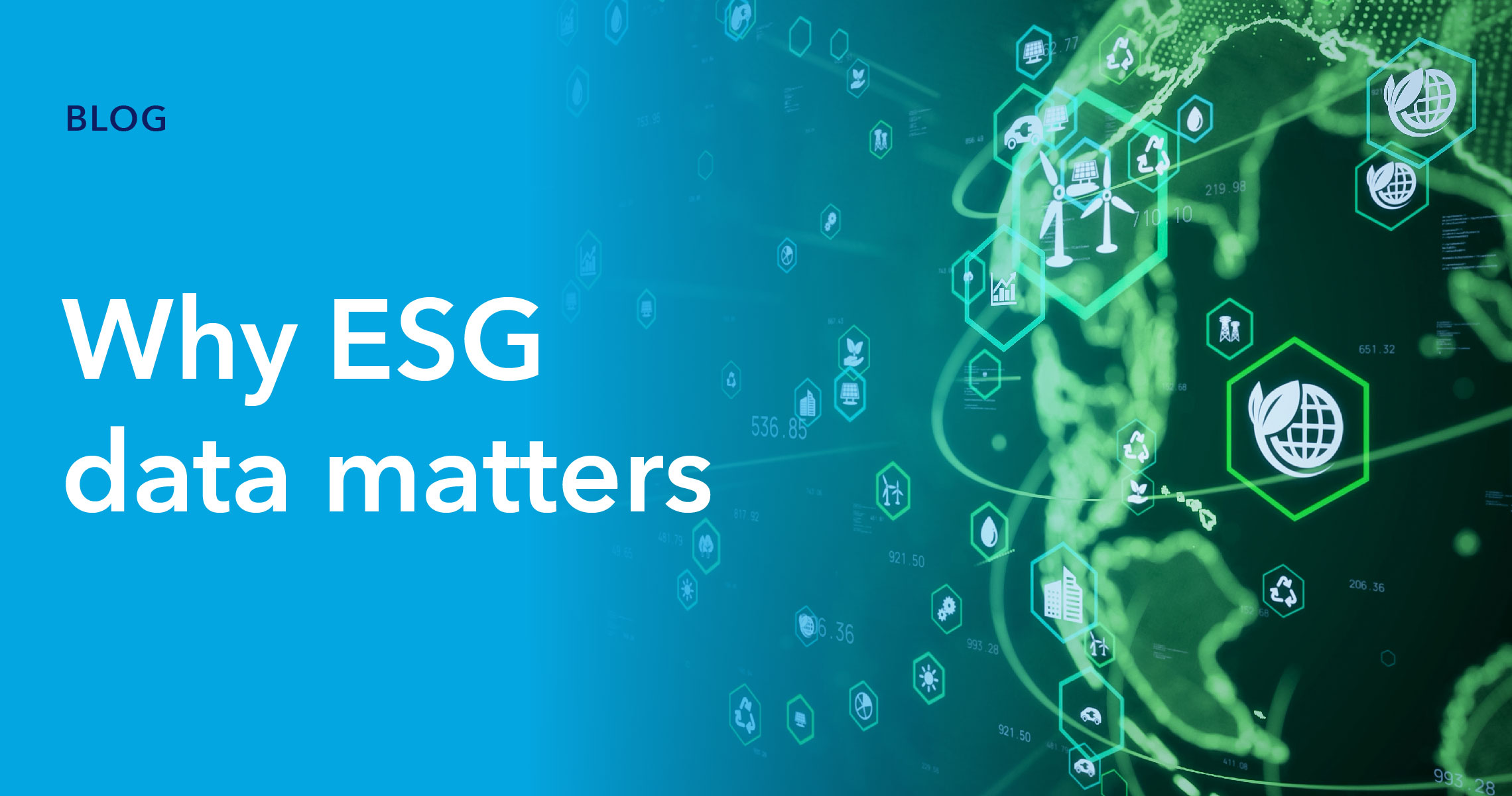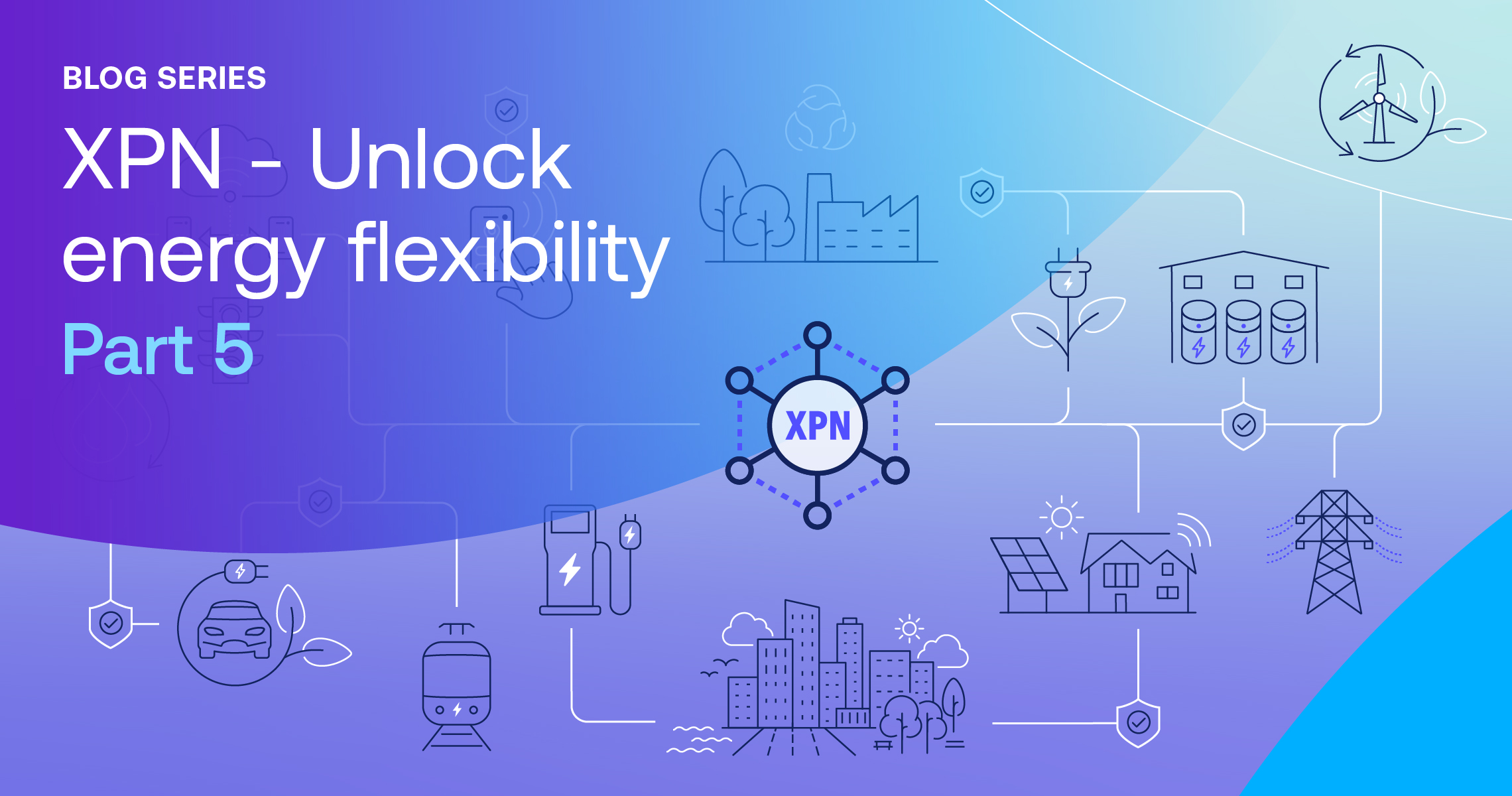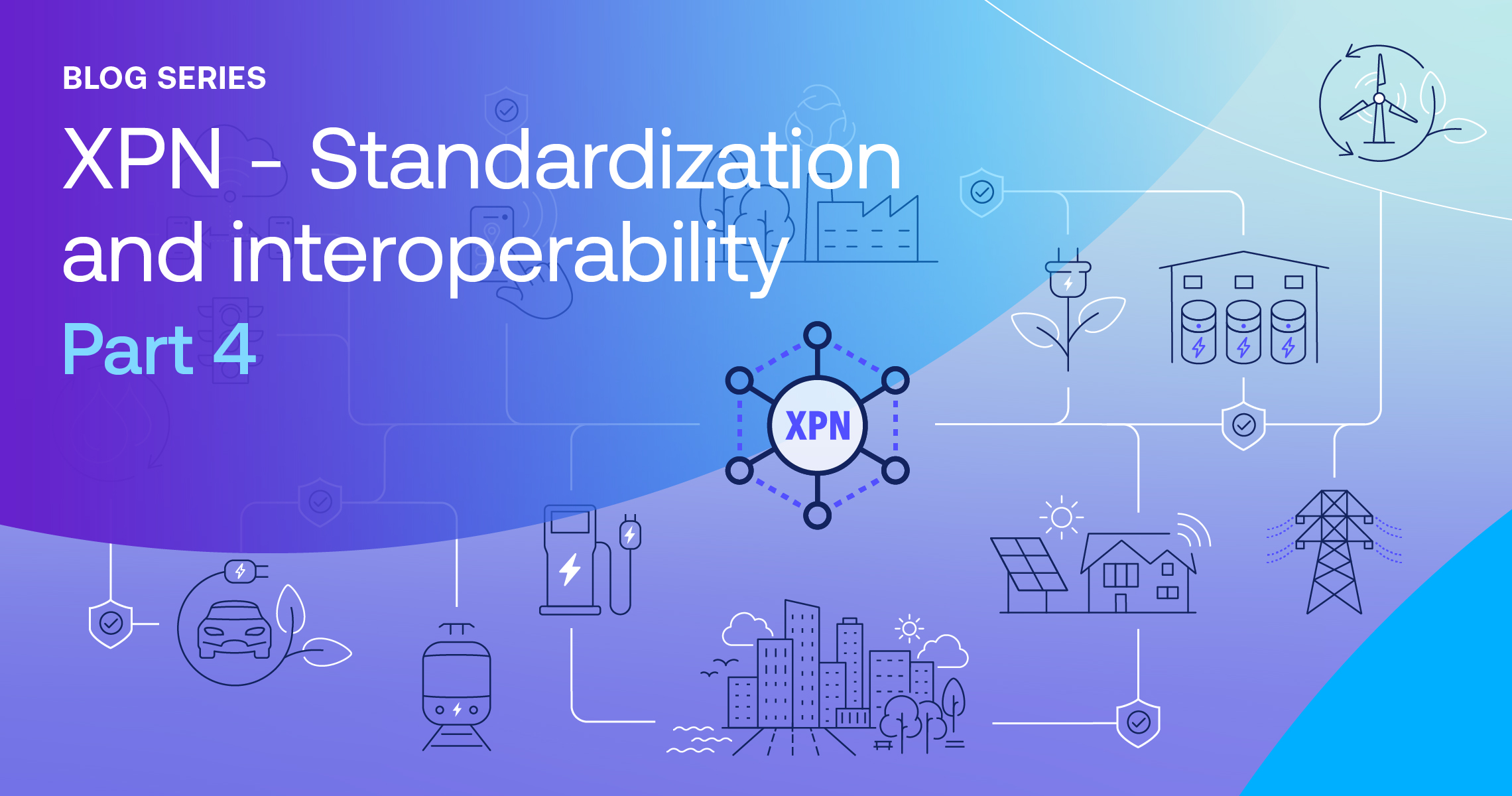- Environmental: This group of criteria measure a firm’s environmental impact, assessing its risk, future liabilities, and its efforts to improve. Among the environmental criteria used to measure a firm’s ESG score are its energy efficiency, its waste and water management policies, participation in deforestation or natural resource conservation, and its greenhouse gas emissions.
- Social: This element of ESG data reflects a company’s relationships. This includes the health, safety, and working conditions of employees, how it interacts with local communities, and how heavily it vets suppliers to ensure they uphold the same principles throughout the supply chain.
- Governance: This section is about how transparent and accountable the company is, and also how well it upholds governance best practices. Firms are judged on factors such as board level diversity, corporate transparency, employee and executive compensation, and participation in bribery or corruption.
Environmental, social, and governance (ESG) data is an investment metric used by financial firms to rate the status and progress of companies along specific axes. Although this is particularly relevant for “green funds” that specialize in environmentally progressive companies, ESG data is becoming an increasingly important measuring stick for all investments, especially in relation to risk and regulatory compliance.
Having a good ESG score increases the value of a company to potential investors and subsequently increases share prices. It’s also a metric used by regulatory bodies to judge companies’ compliance and performance towards certain desirable goals.
ESG data in action: Data platform use cases
Virtualized data platforms, which help data operations deliver increased business value, have a number of points of impact with ESG data. Here we’ll take a look at how firms seeking to improve their ESG scores can do so by deploying data platforms across their data ecosystem.
How energy efficiency impacts ESG data
The development of smart grids and more efficient energy infrastructure relies on safe and efficient data sharing between potentially thousands of stakeholders. Virtualized data platforms enable this by creating secure execution environments for processing the data that’s brought together by different partners.
Improved energy efficiency is also achieved through large dispersed networks of IoT sensors, which provide real-time local environmental data to help optimize heating and load management. IoT sensors can also be used to perform predictive repairs and infrastructure upgrades to further improve efficiency.
All of these situations improve a firm’s ESG data reporting and quality, which gives external stakeholders better visibility into the overall structure of how the firm operates. This, in turn, can improve organizational capacity—and the overall effectiveness of data operations.
Customer data security
Centering customer data security in a company’s security posture isn’t just about adhering to strict data regulations. Weak security features and data breaches have significant societal impacts, as exemplified by the large increases in phishing and scam attempts that target consumers whose personal data was harvested in previous breaches.
ESG data metrics measure the impact a firm’s data security policies have on their customers and consequently broader society. By using secure virtual data platforms to bolster security around data processing, migrations, and collaboration, some of the biggest vectors for data breaches can be eliminated.
Data platforms also give data admins greater access controls to reduce oversharing and limit data access to the accounts that actually need it. The data auditing features provided also help investigative teams to quickly identify and isolate breaches if they do happen.
Data governance and the importance of quality ESG data
A company’s ESG “score” is only as good as the ESG data that’s provided. The accuracy of the score also depends on the firms doing the scoring. This has become a considerable issue within the field. As ESG data has become more important, greater attention has been focused on how reliable and objective it is.
For example, the European Commission has introduced specific guidelines on ESG Data transparency, with the aim of making sustainability decisions an integral part of overall EU financial policy. These and other attempts at regularizing ESG data rely on firms actually understanding the data and being able to deliver a comprehensive picture of how a company is performing.
By creating a virtualized data layer that sits over all data assets, siloes are broken down and clarity is improved. The use of AI and machine-learning can automatically draw required reporting data from across the entire enterprise, thus creating a transparent and reliable ESG data stream.
Conclusion
As a measure of a company’s progress in a group of desirable investment metrics, ESG data is extremely valuable. Virtualized data platforms, such as Intertrust Platform, can help firms improve their ESG scores and provide greater clarity on their ESG data for potential investors. This can be achieved directly by improving energy efficiency and customer data security, or as part of overall measures to improve data transparency.
To find out more about how Intertrust Platform can help improve your ESG score and reporting of ESG data, you can read more here or get in touch with our team.




